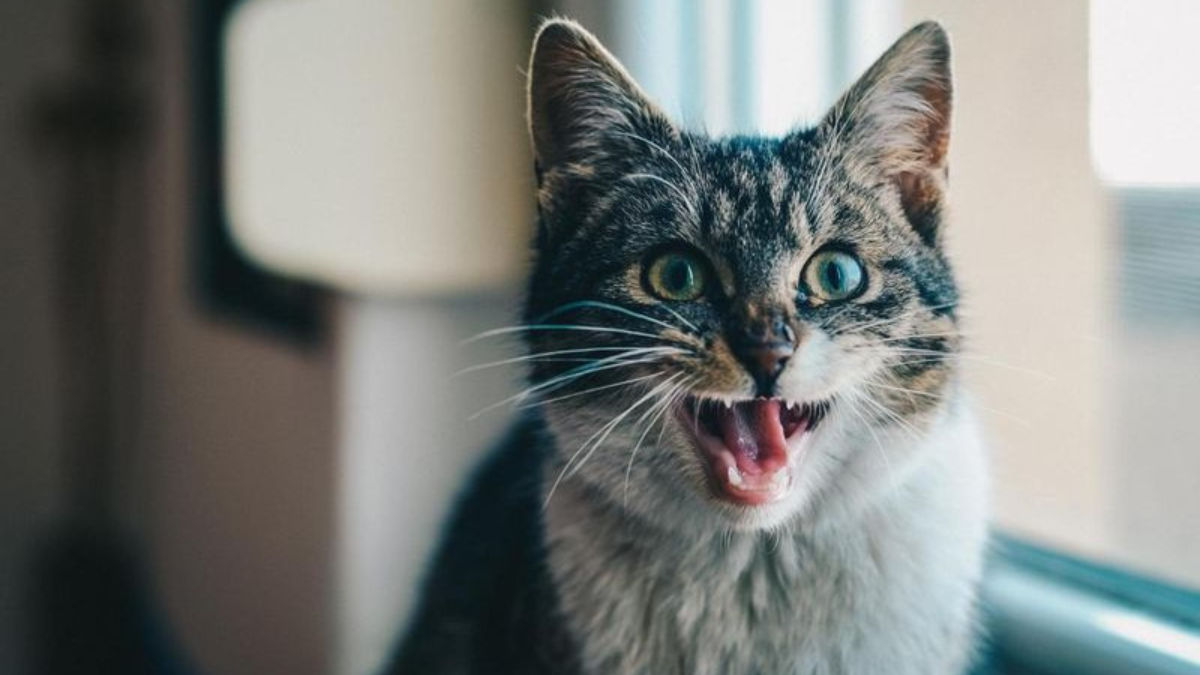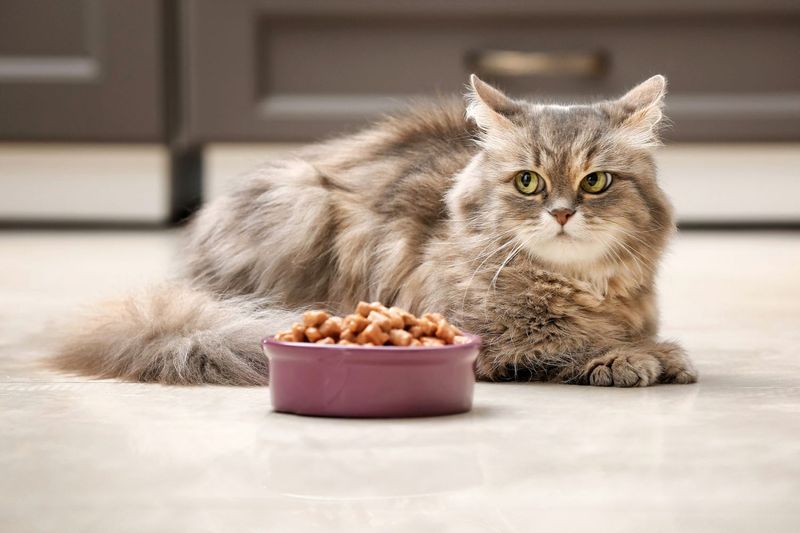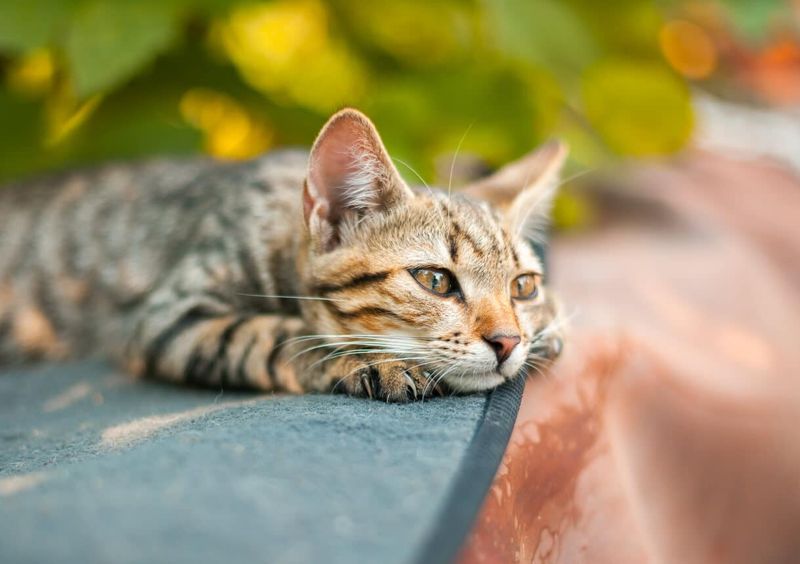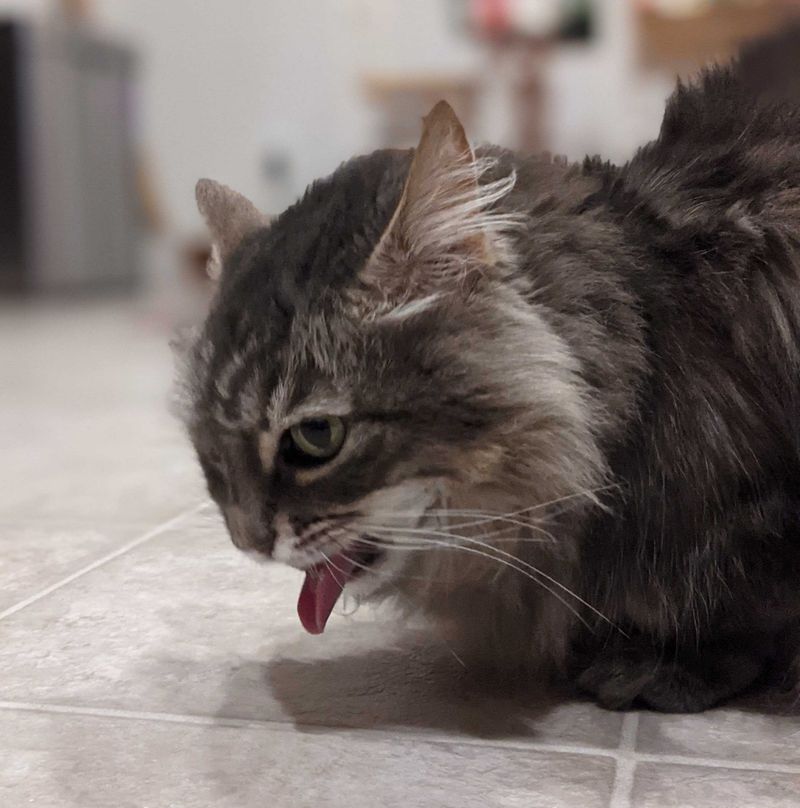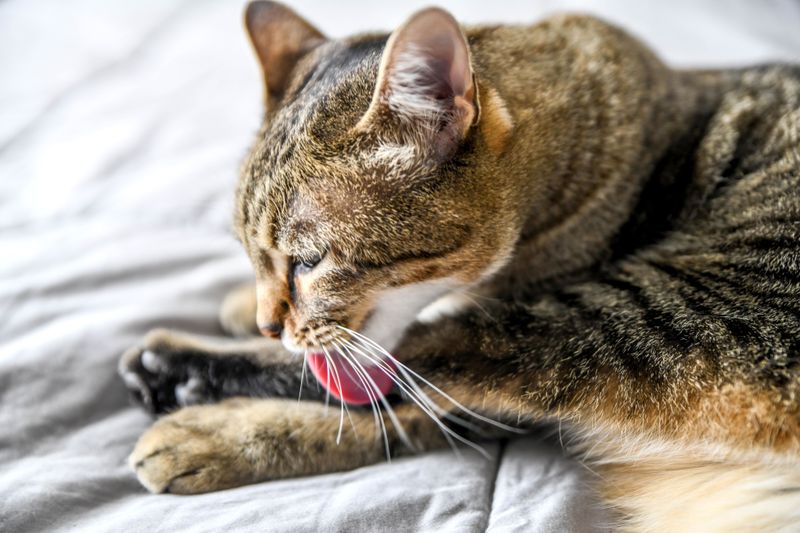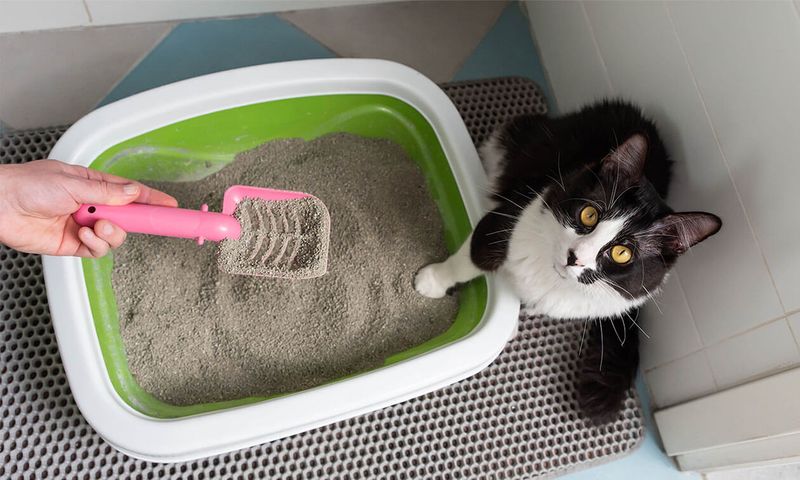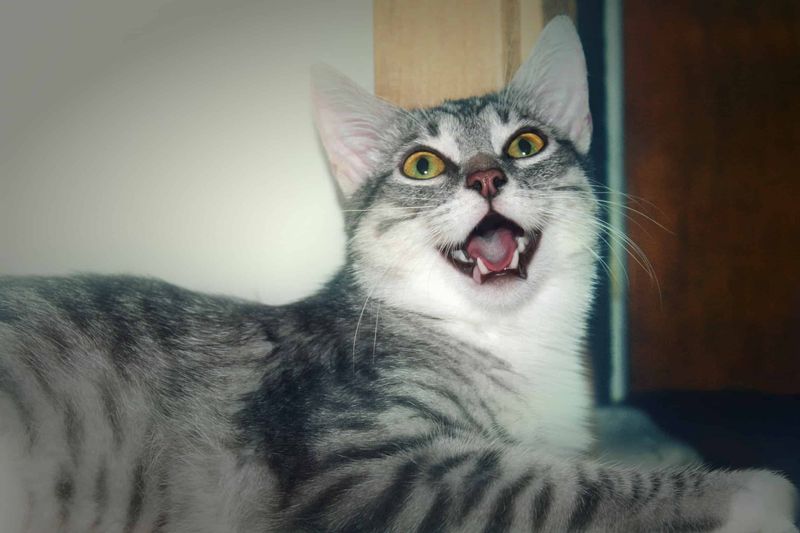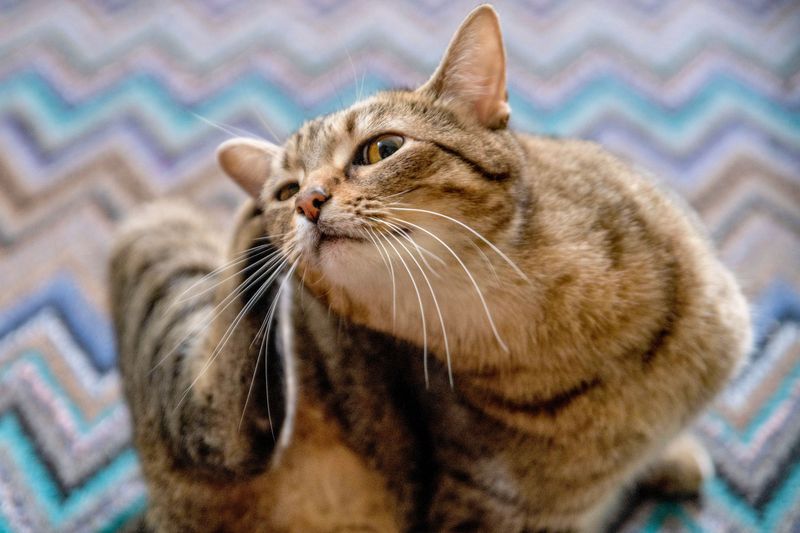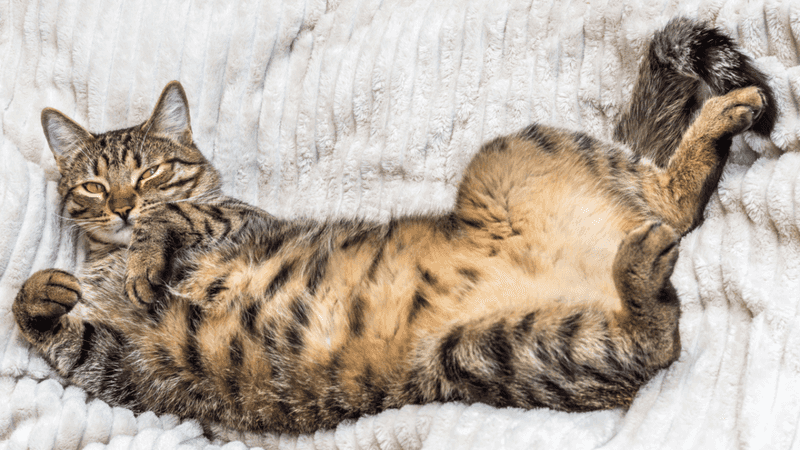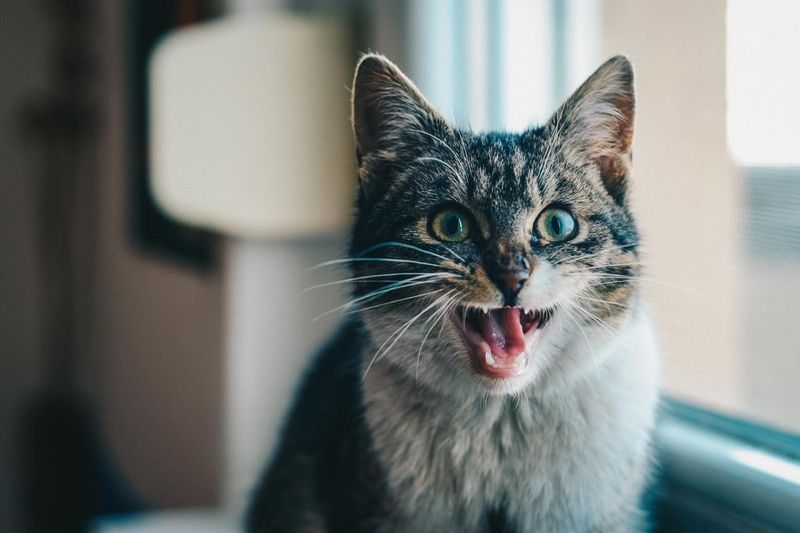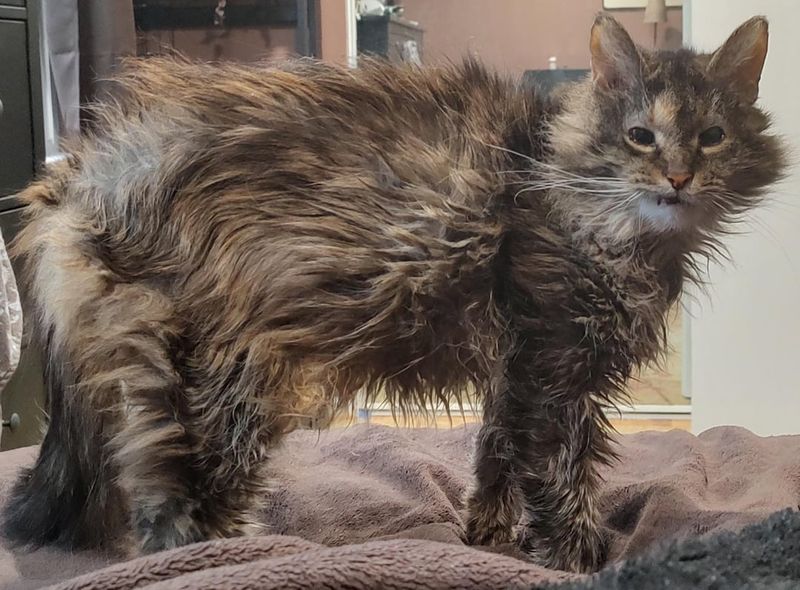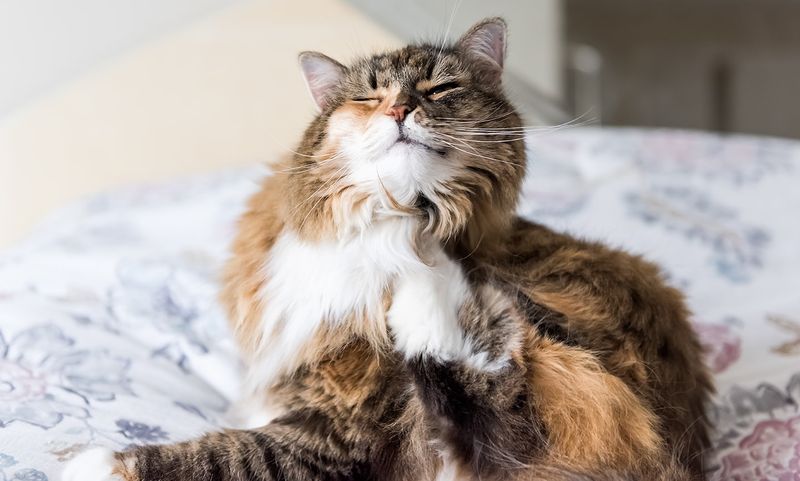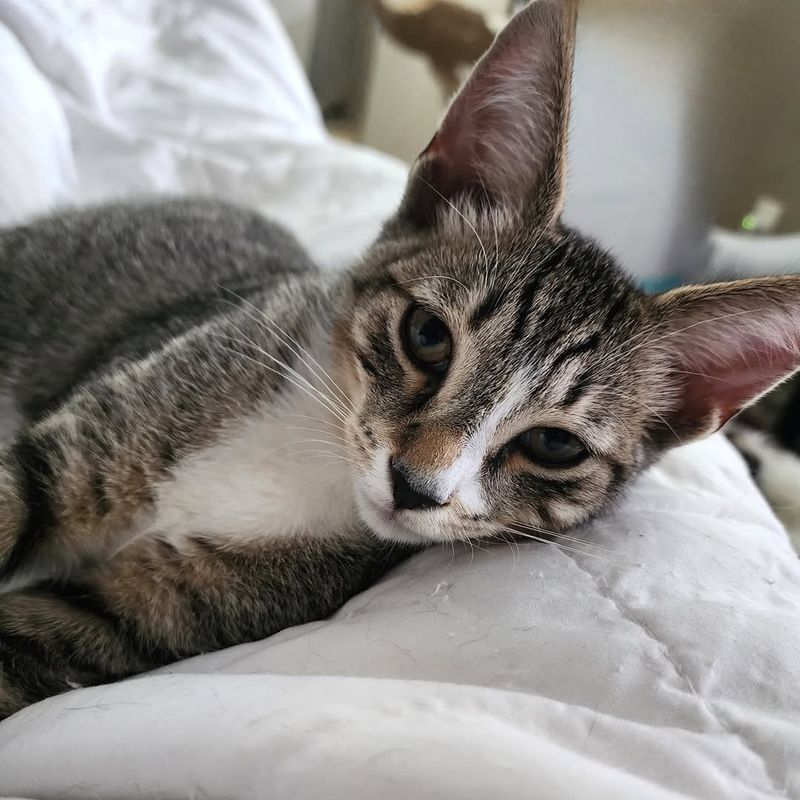📖 Table of Content:
Cats are known for their independence and stoic nature, making it challenging to detect when something is wrong. Their ability to mask discomfort is a survival instinct, but it often leaves owners unaware of underlying health issues until they become serious. As a loving pet parent, understanding the subtle cues your cat gives can make all the difference in maintaining their health and happiness.
From changes in eating habits to unusual behavior, these small indicators can signal that your cat needs extra attention. Being proactive and informed about these signs not only ensures your feline companion’s well-being but also strengthens the bond you share.
In this guide, we’ll uncover 12 key signs that your cat might need additional care. By recognizing these early warning signals, you can take the necessary steps to provide the care they deserve and seek professional help when required.
1. Change in Appetite
When a cat suddenly loses interest in its favorite foods, it might be a signal that something is amiss. This change in appetite could stem from a range of issues, from dental problems to more severe health concerns. Cats, known for being finicky eaters, can sometimes refuse food if they’re stressed or anxious.
If you notice prolonged disinterest in meals, a visit to the vet is advisable. A decreased appetite can quickly lead to weight loss and malnutrition. It’s important to monitor their eating habits closely and ensure they maintain a balanced diet.
2. Lethargy
A noticeable drop in energy levels might indicate your feline companion is under the weather. Cats usually love to play and explore, but if they’re spending more time sleeping and less time interacting, it could be a sign of illness.
Lethargy may be caused by infections, chronic conditions, or even emotional distress. Keeping an eye on their daily activities and noting any significant changes is essential. If your cat’s lethargy persists, it’s time to consult a veterinarian to rule out underlying health issues.
3. Vomiting
Occasional vomiting can be normal for cats, often related to hairballs. However, frequent or severe vomiting is a red flag. It can indicate gastrointestinal problems, infections, or even poisoning.
Keeping track of how often this occurs will provide useful information for your vet. If vomiting is accompanied by other symptoms like lethargy or diarrhea, it’s crucial to seek immediate medical attention. Ensuring your cat stays hydrated during such episodes is also vital for their recovery.
4. Changes in Grooming Habits
Cats are generally meticulous groomers. A decrease in grooming can signal discomfort or illness. Matted fur, dandruff, or an oily coat might hint at skin problems or arthritis.
Conversely, excessive grooming leading to bald patches can also be a concern, often caused by stress or allergies. Monitoring and understanding these grooming patterns helps in identifying potential health issues early. Regular vet check-ups can assist in maintaining your cat’s skin and fur health.
5. Change in Litter Box Habits
An alteration in litter box habits, such as urinating outside the box or increased frequency, can be indicative of urinary tract infections or kidney disease. Cats are creatures of habit, so such changes shouldn’t be ignored.
Painful urination or straining could also signify serious health issues like bladder stones. Observing these habits can provide insights into your cat’s health. Prompt veterinary consultation can prevent more serious complications and ensure your cat’s comfort.
6. Respiratory Changes
Rapid or labored breathing, coughing, or sneezing in cats shouldn’t be overlooked. These signs may point to respiratory infections, allergies, or even heart problems. Cats are usually quiet breathers, so noticeable changes in their respiratory patterns warrant attention.
Monitoring their breathing and seeking veterinary advice early on can prevent potential complications. Providing a stress-free environment can also help improve their respiratory health.
7. Behavioral Changes
Any sudden change in behavior, like increased aggression or social withdrawal, can signal that your cat isn’t feeling well. Such shifts might be due to pain, neurological issues, or psychological stress.
Cats are sensitive creatures, and even minor changes in their routine can affect their mood. Ensuring a consistent and comfortable environment while monitoring their behavior helps in identifying issues promptly. Consulting a vet can aid in addressing and managing these changes effectively.
8. Visible Weight Changes
Sudden weight gain or loss in your cat can be alarming and may indicate underlying health concerns. Weight changes could be related to metabolic disorders, digestive issues, or improper diet.
Routine weight checks are essential for catching these changes early. Maintaining a healthy weight is crucial for their overall well-being, and a vet can provide guidance on nutrition and health management. Regular monitoring ensures you keep your cat at an optimal weight.
9. Unusual Vocalizations
Increased or altered vocalization can be a sign of distress or discomfort. Cats may meow more frequently if they’re in pain, anxious, or trying to communicate a need.
Listening to their vocal patterns and understanding the context is important. If these vocalizations are accompanied by other behavioral changes, it’s advisable to seek veterinary insight. Addressing the root cause can help in calming your cat and restoring normal communication.
10. Unkempt Appearance
An unkempt appearance might mean your cat isn’t grooming itself due to illness or physical discomfort. Cats pride themselves on clean, well-maintained coats, and neglecting grooming can be a warning sign.
This could result from dental pain, arthritis, or other health issues that make self-grooming difficult. Observing these changes and seeking professional grooming or veterinary care can help in restoring their usual appearance and comfort.
11. Excessive Scratching
Has your cat been scratching more than usual? Cats often scratch to shed old claw sheaths or to mark territory. However, excessive scratching can signal underlying health issues.
This behavior may indicate allergies, which could stem from food or environmental factors such as dust or pollen. Flea infestations are another common cause that requires prompt attention. Consider consulting your vet if scratching persists. Regular grooming and maintaining a clean environment can also help alleviate the issue. Your cat deserves to feel comfortable and itch-free!
12. Difficulty Moving
Is your feline friend having trouble leaping onto their favorite perch? Difficulty in movement can be a sign of arthritis or other joint problems, particularly in older cats.
Besides, injuries or obesity could also be contributing factors. Observing your cat limping or being unusually slow might warrant a closer look. Ensure your cat maintains a healthy weight and consult your veterinarian for advice on supplements or treatments. Providing ramps or steps can aid in making your home more accessible. Keep your kitty agile and content!
